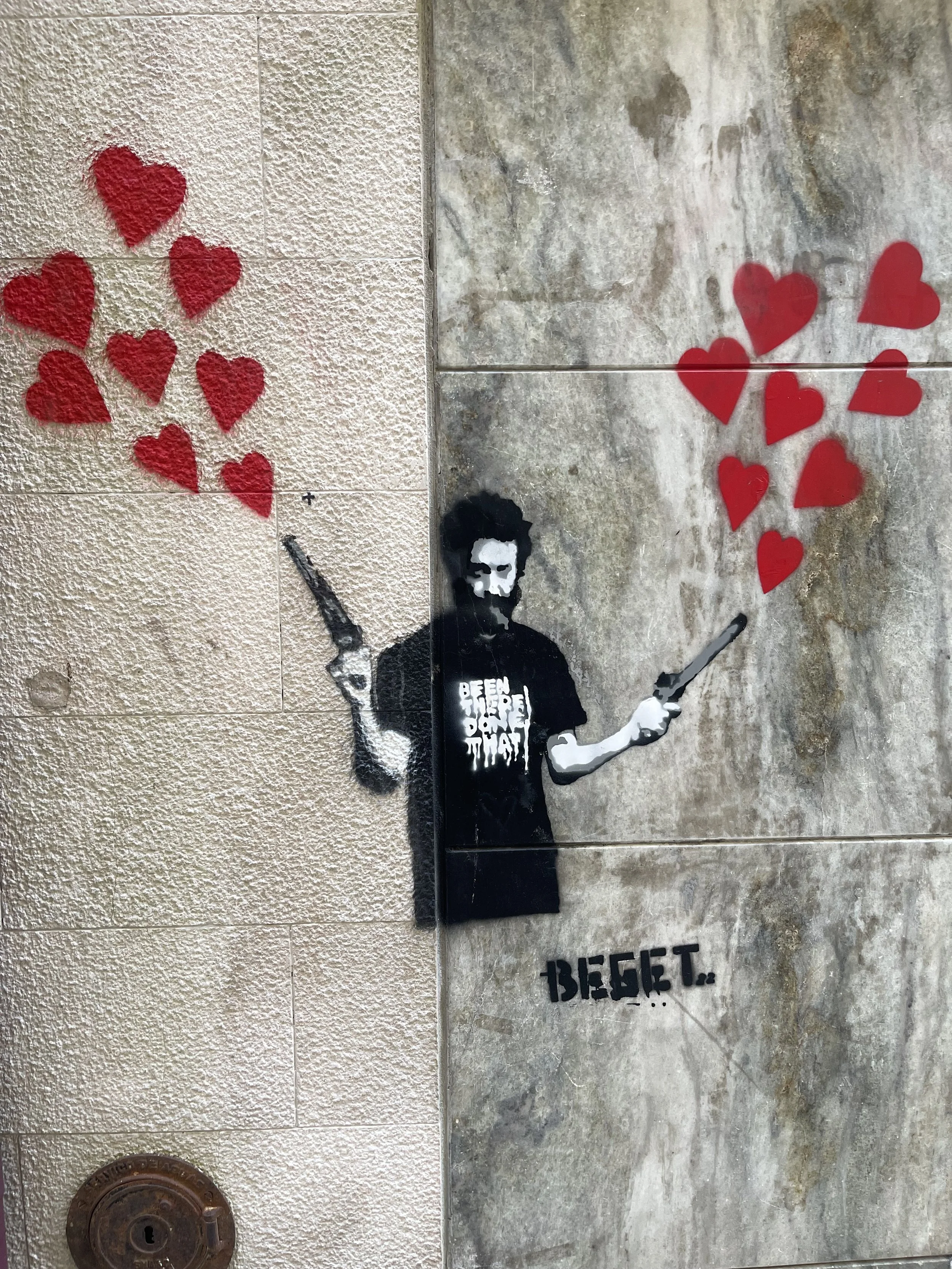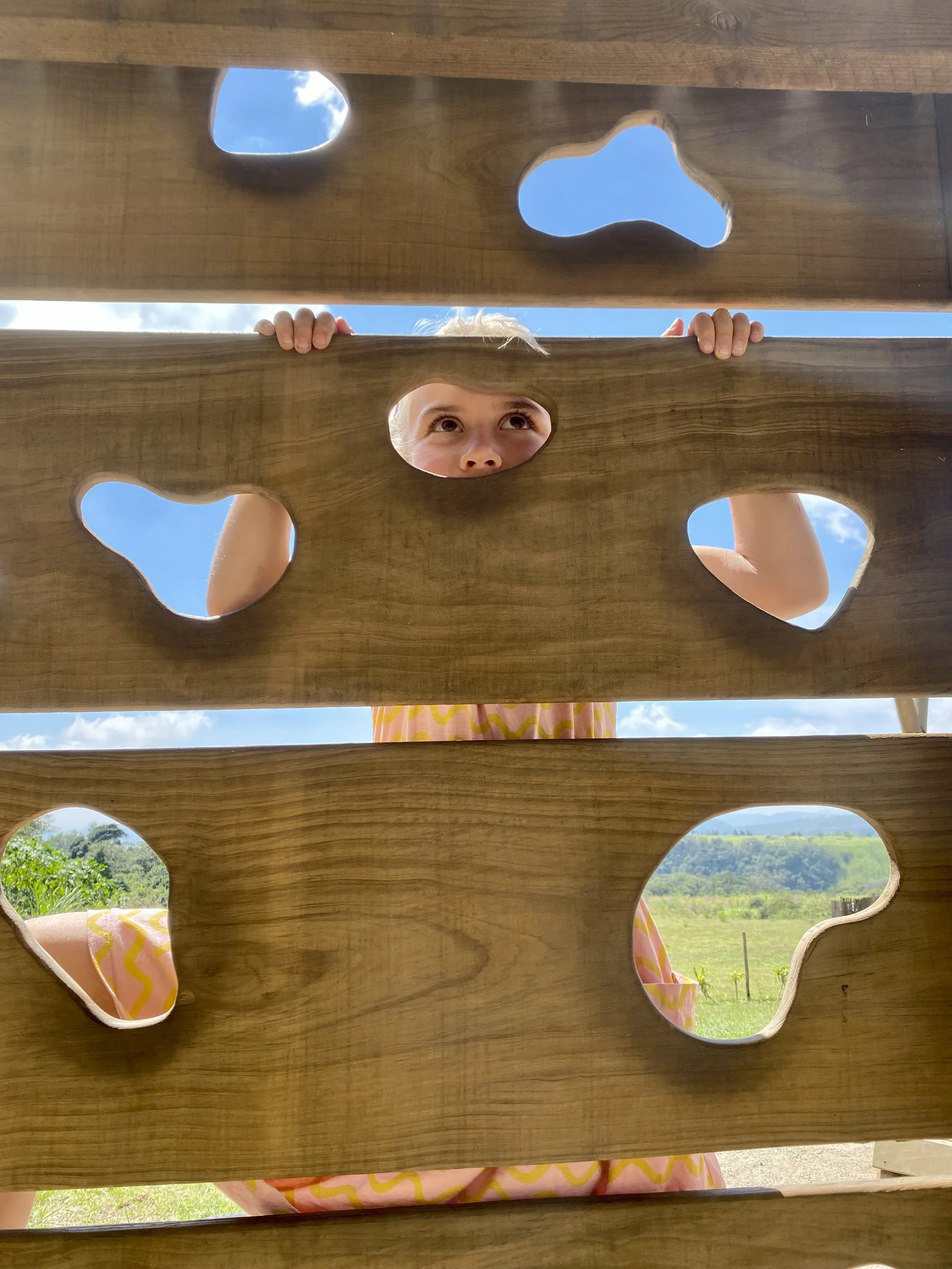How to be Accountable in Your Relationship
Accountability does not equal self-blame. It is honest evaluation and ownership in our role in conflict
What kind of a fighter are you? Do you use words, silence, gestures, withdrawal?
How do you like to make up?
Do you take the initiative in making up or wait for the other to initiate?
Do you apologize? How would you describe your experience of apologizing?
How do you know when you are done fighting?
In our relationships, we all experience moments of disconnection. However, these disconnections, especially with our partners, can carry significant emotional weight. They can make us feel lonely and unloved, and unfortunately, the stories we often tell ourselves about these disconnections can further exacerbate the divide. Instead, it's essential to take a leadership role in growing self-accountability and reconnection.
Practices For Self-Accountability
Own your experience. You can describe your experience as a consequence of the other’s actions, but pay attention to the language you use. Trade out “you made me feel” for “you did not acknowledge me and then I felt rejected.”
Stop punishing. Do you want to hurt them or do you want both of you to be able to learn from this and move on in your relationship together?
Make a choice: if you want to continue the relationship, make that choice.
Prioritize clarity and expectation setting. Be specific about what happened and how you felt using X, Y, Z statements: “When you did X in situation Y, I felt Z.” ex: “When you thank everybody for helping you with this big project, and you don’t mention me at all, it makes me feel that you don’t recognize my contributions or value—staying home with the kids, taking care of the house, while you did your thing.”
Practice differentiation. It involves identifying and clarifying your thoughts, feelings, and desires while being open and curious about your partner’s. It’s the ability to simultaneously experience connection and autonomy and not personalize their autonomy as a rejection of you.
Ask them about their experience. Be curious about the context of their behavior. Demonstrate empathy.
Separate the behavior from the person. “We both know what you did was bad but I don’t view you as a bad person.”
Are you looking for help with your relationship? Do you feel that a relationship coach could help you working on your couples skills? Is communication an issue? Have you ever considered couples therapy or counseling? As a psychotherapist and relationship coach, I am uniquely positioned to help you through these moments of disconnect and conflict.
__
Learn more about my approach to life consulting and relationship coaching here or get in touch for your free 30-minute consultation here! Don’t forget to follow along @LilyManne on social for more regular updates!


